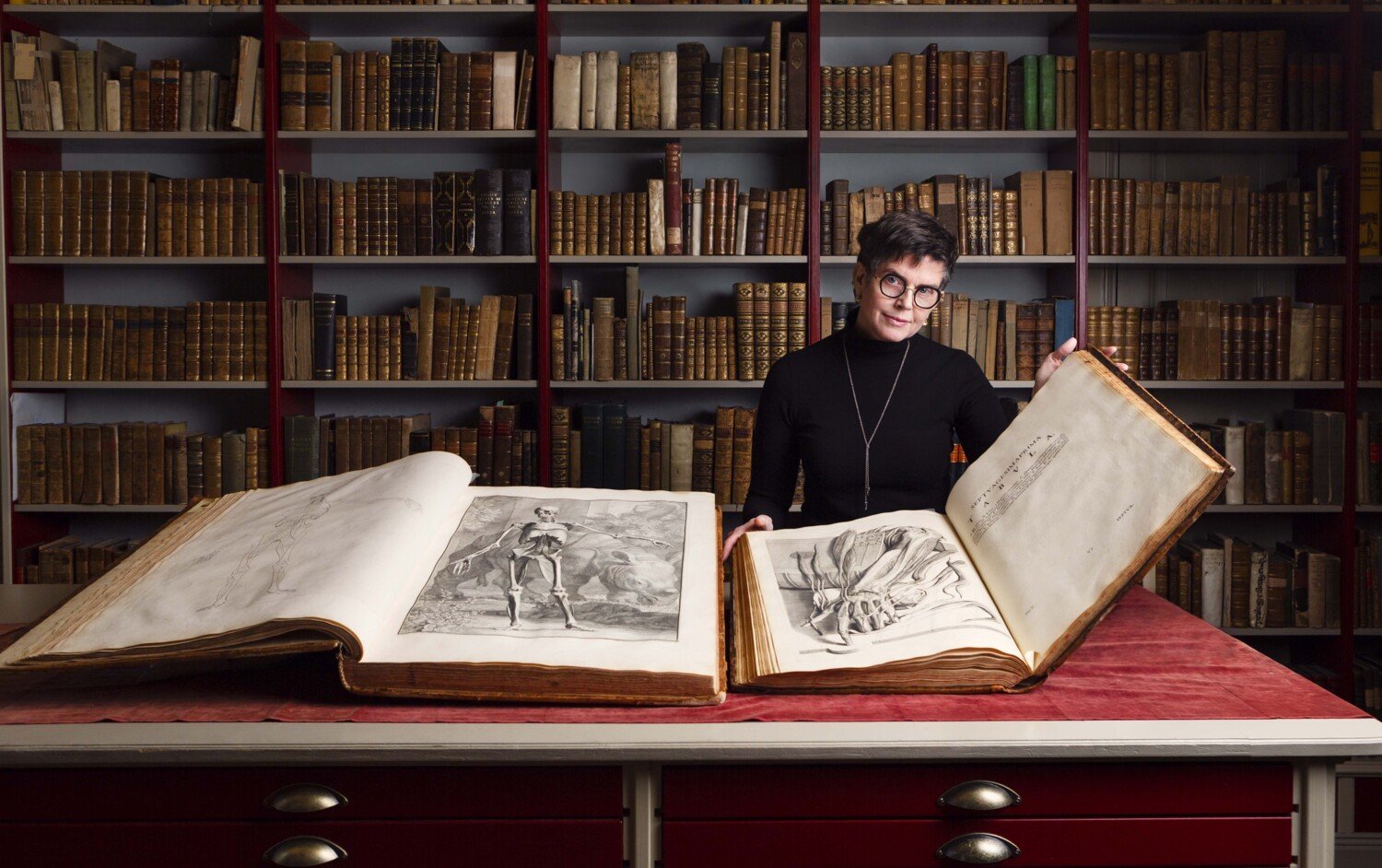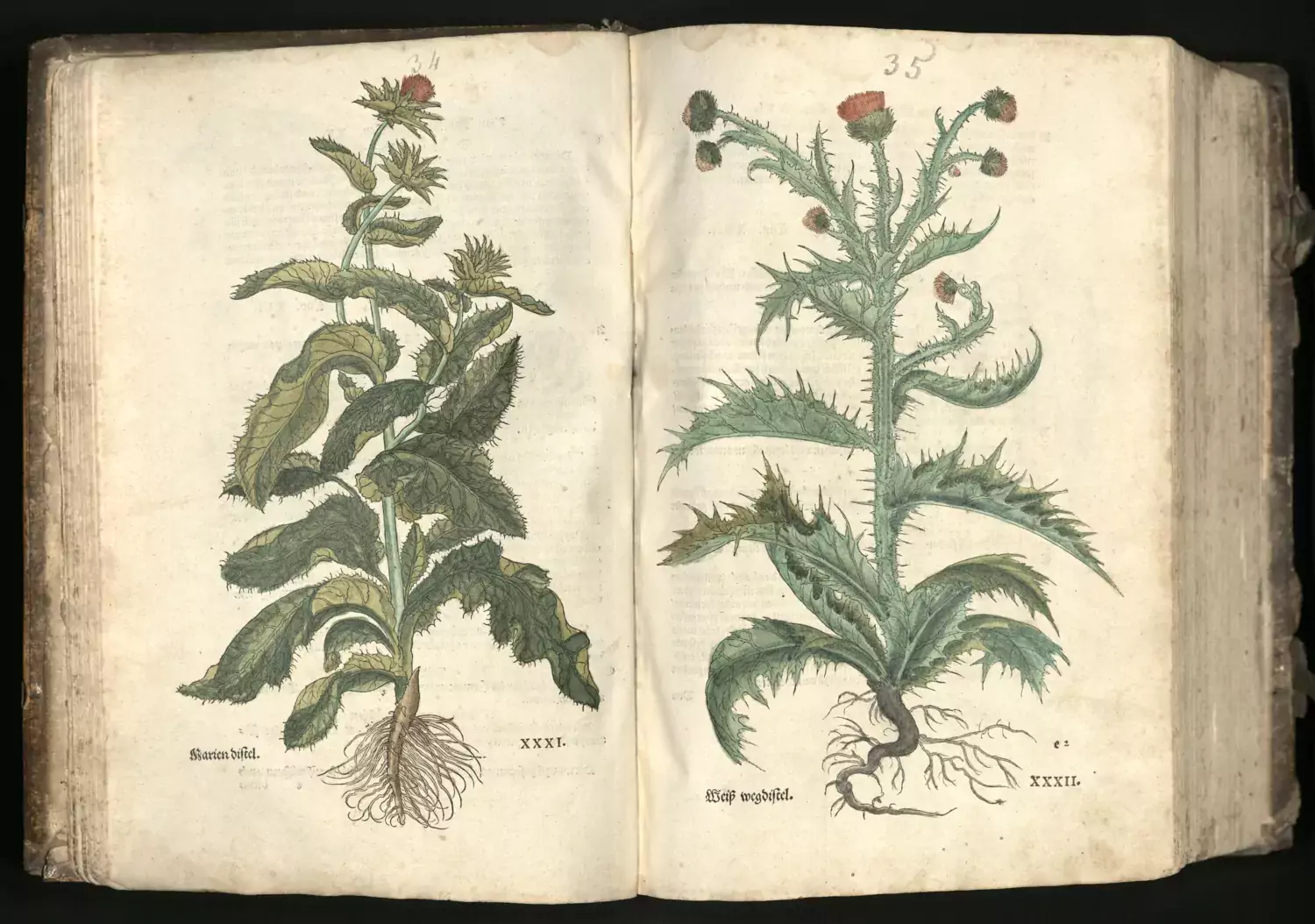Eva Åhrén awarded grant by Riksbankens Jubileumsfond

Eva Åhrén, operations director of the Hagströmer Library and KI’s Medical History and Heritage, has been awarded a project grant of SEK 5 million by the Riksbankens Jubileumsfond. The grant is intended to support efforts to make KI’s academic heritage accessible for the purposes of research, education and outreach.
Part of the SEK five million grant awarded to Eva Åhrén and Medical History and Heritage by the Riksbankens Jubileumsfond (RJ) will be used to digitise photos, objects and documents and make them available online.

"Not everyone might know this, but KI has one of Europe’s finest collections of medical and science history items," says Eva Åhrén, director of KI’s Medical History and Heritage (MHK) and head of the Medicine and Science History research team at the Department of Learning, Informatics, Management and Ethics (LIME), where the funds are to be placed. "It contains unique books, manuscripts and objects from the 1500s on. KI has a rich cultural history and a rich cultural heritage, and they are intimately intertwined. We need the collection to talk about KI’s history, and KI needs access to its history to navigate the present and the future."
Expanding the target groups
Dr Åhrén hopes that the grant can provide MHK with new opportunities to interact with others, both inside and outside the university:
"We’re delighted about this. We’re honoured to have the RJ acknowledge our work with KI’s academic heritage in this way. It’s both a tribute to our efforts to preserve and open up KI’s collections and presents us with a valuable opportunity to reach out even more broadly to students, researchers, KI staff and interested parties outside the university."
Aside from digitisation, it has not yet been decided how the rest of the grant will be put to use.
"One of the advantages of the grant is that it’s so unearmarked,” she says, “which means we’ll be able to tailor investments to the needs of different groups."
